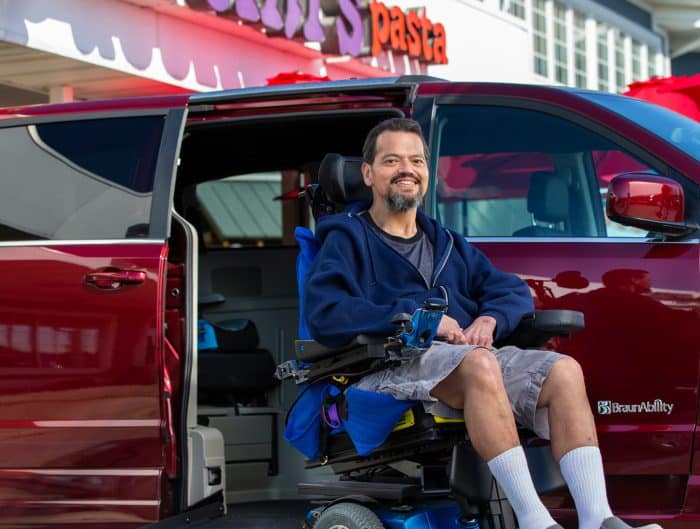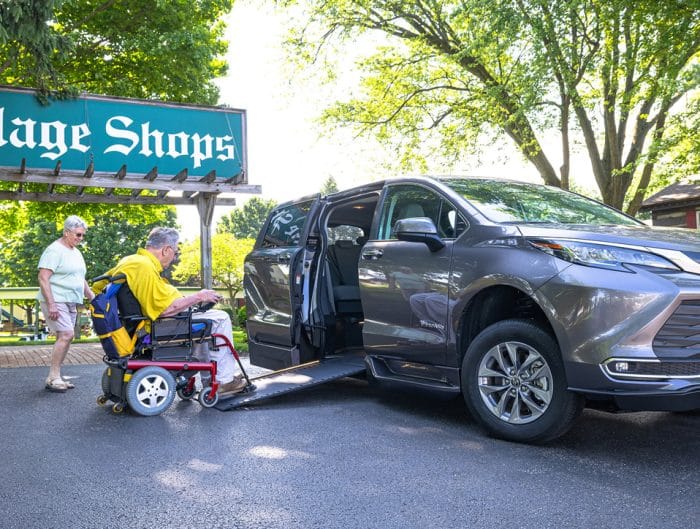A 2013 National Center for Education Statistics (NCES) report concluded that 2,563,000 students with disabilities were enrolled in the 2011 to 2012 academic year, accounting for 11.1% of all undergraduates enrolled nationwide.
According to the Bureau of Labor Statistics (BLS):
People with a disability are less likely to have completed a bachelor’s degree than people with no disability. Among people age 25 and older in 2014, 16.4 percent of people with a disability had completed at least a bachelor’s degree. By comparison, 34.6 percent of people with no disability had completed at least a bachelor’s degree.
Tips for College Students with Disabilities
The following are some helpful tips for college students living with mobility challenges.
#1 – Plan ahead.
If you or your child has a physical disability and are enrolled at a college or considering attending a particular college, contact the college’s disability services offices as far in advance as possible so that you can schedule a time to visit the campus.
Part of your college research should include researching what types of disability services, support groups, clubs and adaptive sports are available to physically disabled students.
A scheduled visit to the campus can give you a better idea of what to expect – even in so far as how the classrooms are set up to allow those with mobility challenges to easily navigate around.
#2 – Check out the layout of the campus.
A college student who uses a wheelchair may find it difficult to navigate a college campus where there are a lot of stairs, narrow passage ways or steep inclines/hills.
Pay attention to the overall layout outside as well as inside. How old are the buildings? Are there sufficient handicap bathrooms? elevators? emergency exits? What type of parking is available for students, and can it accommodate a wheelchair van or other handicap accessible vehicle?
#3 – Learn to advocate for yourself.
The college you select may not be quite as accommodating as your high school was when it comes to those with physical disabilities. Know your rights, and self advocate.
For instance, under the Americans with Disabilities Act, Section 504 states that schools that receive federal funding are prohibited from discriminating against individuals with disabilities and are required to provide equal academic opportunities and reasonable accommodations for those with disabilities.
These accommodations can vary from college to college and include:
- Additional time for tests
- Disability counselors
- Handicap-accessible living accommodations
- Support groups
- Modified courses
- Note taking services
- And more
Helpful Resources for Students with Disabilities
The following is a brief list of resources for students with disabilities:





Leave A Reply